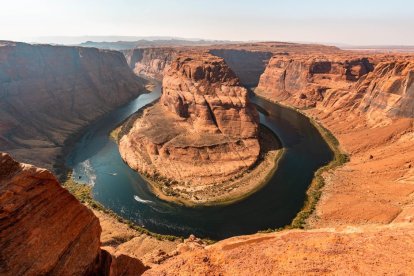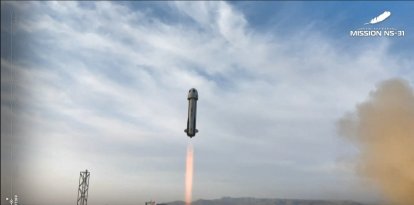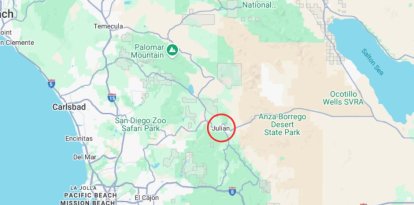Biden proposes Colorado River drought plan that could affect water supply to Las Vegas, Phoenix and Los Angeles
California takes on other states, including Republican states Nevada and Utah, to defend its priority water use rights.

(Pexels)
Joe Biden's administration is proposing a plan to combat the drought in the Colorado River that could seriously affect the water supply in major cities such as Los Angeles, Las Vegas and Phoenix. The scenarios posed by this Democratic plan may also affect Native American tribes with priority water rights and seven states. Colorado, Nevada, Arizona, Utah, Wyoming, Wyoming and New Mexico want to renegotiate their rights to access the river's water and California wants to maintain its privileges.
Cities such as Los Angeles, Las Vegas and Phoenix would bear the brunt of water cuts if the levels of Lake Mead, which feeds the river, continue to drop. These cities have a lower priority claim on the water compared to farmers and Native American tribes. Ninety percent of Las Vegas' water supply and 40 percent of Phoenix's water supply comes from the Colorado River.
"The snow is great. It's a godsend, but we've had a 23-year drought," Interior Deputy Secretary Tommy Beaudreau told the AP. According to Beaudreau, the states, Indian tribes and other water users recognize that it is in no one's interest to stall negotiations because of the good snowpack situation, which is 160% higher than the average of recent years in the upper Colorado River basin. This 1,450-mile (2,334-kilometer) river supplies water to 40 million people in seven western states: Utah, Wyoming, Colorado, New Mexico, Nevada, Arizona and California. It covers Native American and Mexican land, generates electric power and irrigates nearly 6 million acres (2,248 hectares) of farmland.
The region is suffering from a 23-year drought, aggravated by climate change, increased demand and human overuse, which has pushed reservoir levels along the river to historic lows.
RECOMMENDATION





















